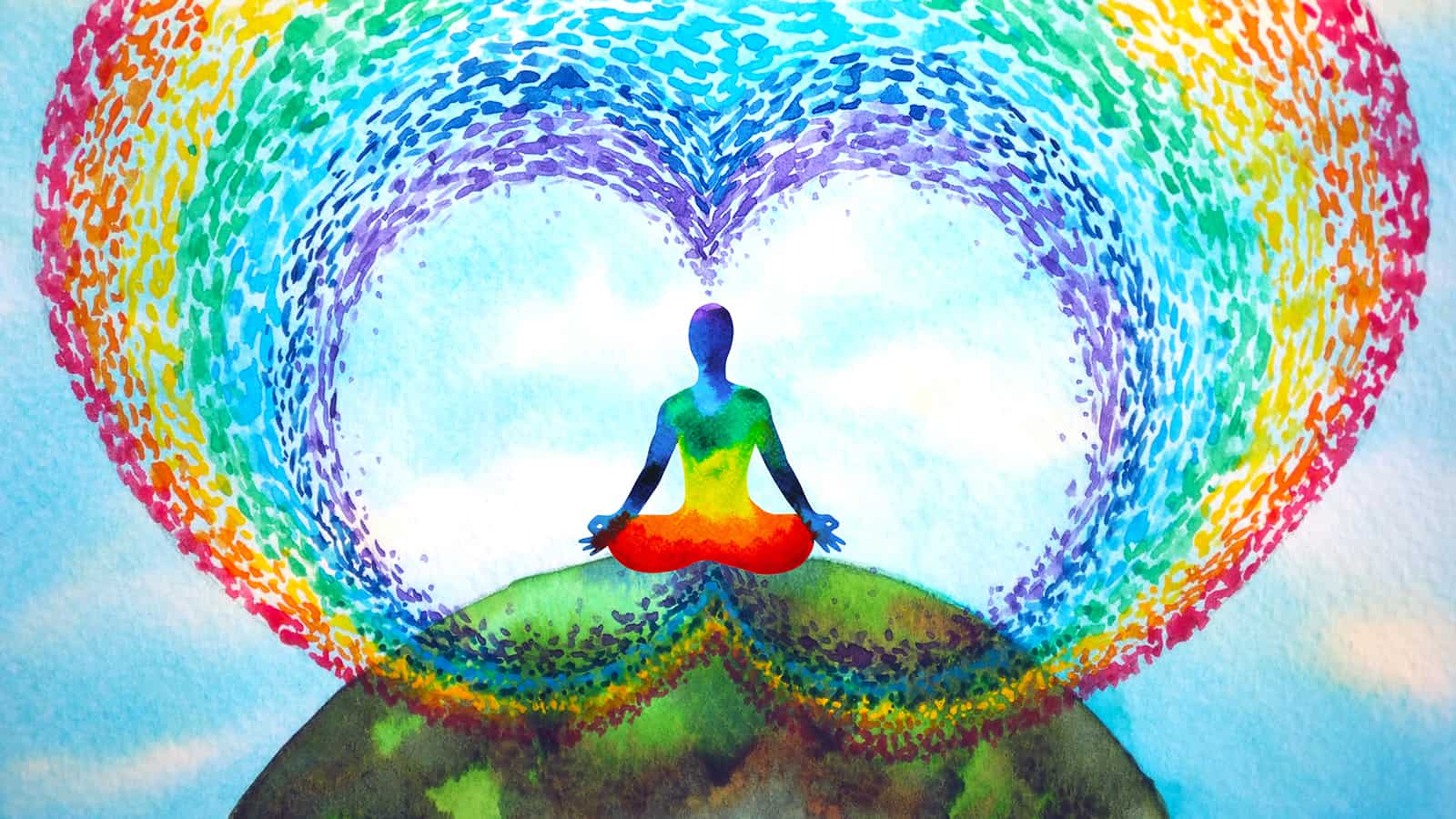Various meditation methods can help you relax and calm your brain when you feel overwhelmed. The practice of meditation began in India millennia ago, when sages and saints sought to overcome the limitations of human existence.
Wall art in the Indian subcontinent dating back to approximately 5000 to 3500BC provides the oldest documented evidence of meditation. However, some historians believe this ancient wisdom existed for thousands of years prior.
Nowadays, people all over the globe practice meditation for different reasons. Some seek enlightenment, while others want to ease their stress or increase brain power. Meditation can benefit everyone, no matter your intention for practicing it. Below, we’ll list a few techniques to incorporate into your life for increased vitality, wellbeing, and spiritual growth.
6 Meditation Methods Never to Overlook (Your Brain Will Thank You!)
Try these techniques to free your mind.

1 – Kriya Yoga
This meditation technique has existed since time immemorial and was revived in the modern era in 1861. The great yogi Mahavatar Babaji taught this yogic science to his disciple Lahiri Mahasaya in the Himalayas. Then, Paramahansa Yogananda, considered the Father of Yoga in the West, brought it to America in 1920.
The meditation technique involves deep breathing exercises, contemplation of God in whatever form you believe in, and quieting the mind. Since our breath ties us to our physical bodies, Kriya Yoga aims to overcome this body attachment by controlling the breath.
Practitioners of this meditation method consider it the ultimate yoga, as it’s the fastest way to achieve self-realization. As you dive deeper into the practice, you will learn to control your life-force energy in the spine through willpower and breathing techniques. In doing so, you can tap into the astral and causal bodies that illuminate your physical self.
According to Yogananda, one Kriya, which takes about thirty seconds, equates to a whole year of spiritual growth. With intense practice, you could achieve enlightenment using the technique in this very lifetime. If you’d like, you can look online for Kriya Yoga lessons to practice at home or visit a Self-Realization Fellowship center in person.
2 – Loving Kindness Meditation Method
This meditation method focused on developing compassion for other beings and originated with Buddhist teachings. In the Pali language, loving-kindness, called metta, means having unconditional love for all beings. It doesn’t discriminate or ask if someone “deserves” love or not. By expanding your heart and including everyone in your passion, you’ll feel more connected and appreciative of life.
To do this meditation, sit quietly in a comfortable meditation pose and extend love to yourself first. You can say mantras like “I am enough,” “May I be happy and free from suffering,” or “May I live in this world joyfully and with ease.” Breathe in and out slowly while doing this, focusing your attention on the heart center.
Next, move on to others in your life, repeating the phrases and focusing your awareness on them. After feeling unconditional love for close friends and family, think about neutral people in your life and even enemies. Wish them well and expand your heart’s passion to include them as well. Allow the love to permeate throughout your whole being during this process.
After practicing for several weeks or months, you’ll feel more loving and compassionate toward yourself and other beings. In fact, a landmark study found that loving-kindness practitioners experienced more positive emotions after just seven weeks of regular practice.
3 – “Who Am I” Meditation
This meditation method involves self-inquiry to discover the real Self beneath many layers of ego. Our thoughts, feelings, habits, and limiting beliefs keep us from experiencing a blissful, peaceful soul. But, it’s important to remember that you’re the awareness beyond these body-conscious states. You’re consciousness itself, but you can’t realize it when you’re focused on the senses.
To practice this technique, sit in a quiet place and assume a relaxed meditation pose. Then, ask yourself the question, “Who am I?” As you do this, pay attention to any thoughts or feelings that pop up. Notice that it’s your consciousness or awareness examining them, which means you’re not them. You’re “something” beyond them, so to uncover it, you must keep asking, “Who am I?” After doing this regularly will calm the mind and allow you to experience more profound levels of consciousness.
4 – Body Scan Meditation Method
The common denominator among all meditation methods is increasing one’s awareness. Doing this meditation involves scanning your body to pinpoint any areas of tension or discomfort. You can do this either lying down or sitting in a meditation pose.
Start by bringing your attention to your feet and toes and gradually working your way up to your head. While doing this, consciously tense and relax the muscles to release any discomfort. You could also visualize a wave of healing light moving over your body and healing each area as it passes. This technique helps particularly before bedtime, preparing you for deep sleep.
5 – Mantra Meditation
This meditation method includes reciting mantras for stress relief and evoking a sense of peace. Since it’s one of the most straightforward meditation techniques to learn, it’s perfect for beginners. Close your eyes while seated comfortably, and choose a mantra to repeat. Examples include spiritual phrases such as “Aum” or positive affirmations such as “I am at peace.”
Once you’ve chosen a mantra, begin reciting it either aloud or to yourself, and focus on how it makes you feel. Try not to think of anything else during your practice except the mantra. Repeat for anywhere from 10-30 minutes, depending on your experience level.
6 – Vipassana Meditation
One of the more popular meditation methods involves being aware of your thoughts without judgment. In the Pali language, Vipassana means “seeing things as they are.” To do this, sit in a meditation pose and focus on your breath. As thoughts or feelings arise, view them as an outside observer and avoid dwelling on them. If you experience muscles aches or leg pain, observe the distraction but don’t move your body. Learning to sit through discomfort will help you cultivate serenity through life’s ups and downs.
Final Thoughts on Meditation Methods to Heal Your Body, Mind, and Soul
Thousands of different meditation methods exist, so it’s essential to find one that resonates with you. Whichever you choose, make sure to devote at least 30 minutes per day to the practice. Before you know it, you’ll experience life more fully while feeling at peace in the deepest parts of your soul.



















